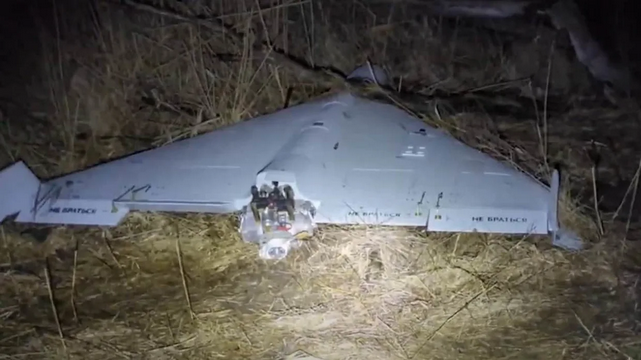Why do some in the West get Russia so wrong?
I mean: fundamentally wrong.
And not just average people who have other jobs, but the very people whose job it is to gather intelligence and make sense of it, like Isa Yusibov mentioned:
Why is this?
1/
I mean: fundamentally wrong.
And not just average people who have other jobs, but the very people whose job it is to gather intelligence and make sense of it, like Isa Yusibov mentioned:
Why is this?
1/
https://x.com/Isa_Yusibov/status/1947198531262935099
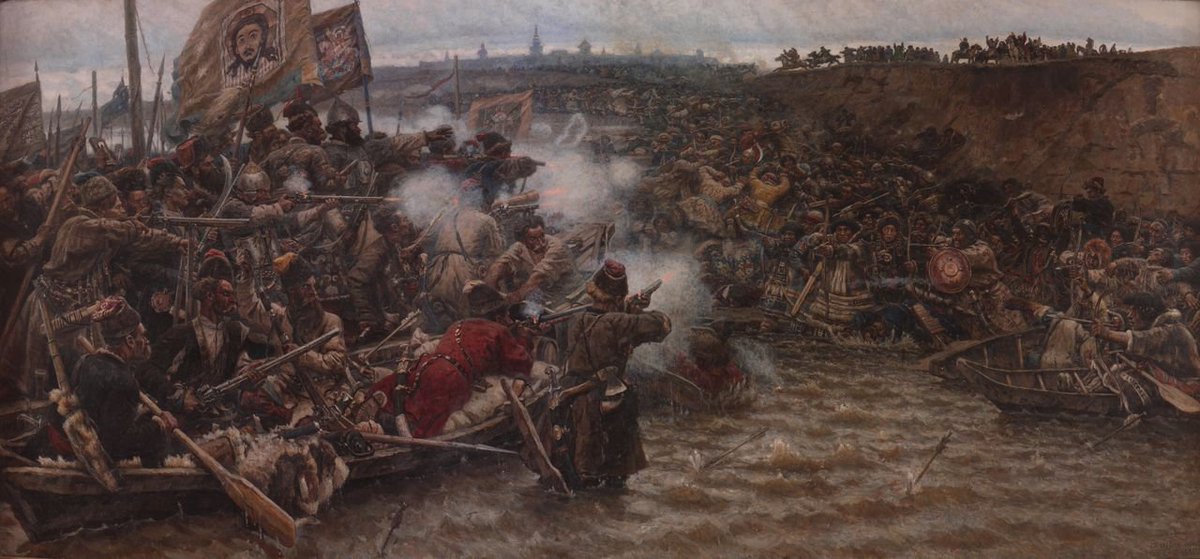
The basic error in the West is that they attribute rationality to Kremlin leaders.
They're wrong. Kremlin leaders can perfectly _MIMIC_ rational thought, but that's not the same.
Their lead ideology is imperialism and their modus operandi is sabotage, bluff and opportunism.
2/
They're wrong. Kremlin leaders can perfectly _MIMIC_ rational thought, but that's not the same.
Their lead ideology is imperialism and their modus operandi is sabotage, bluff and opportunism.
2/
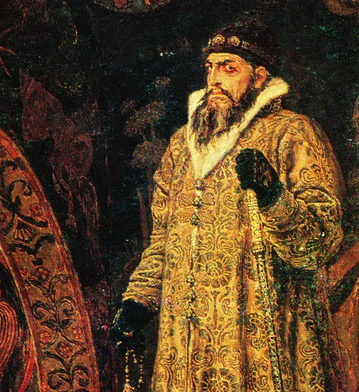
Behind their imperialism is a sense of cultural superiority based on 'greatness', the country is great, so if over time they were able to dominate it all, they themselves must necessarily be great as well.
Do Russians themselves believe this?
3/
Do Russians themselves believe this?
3/
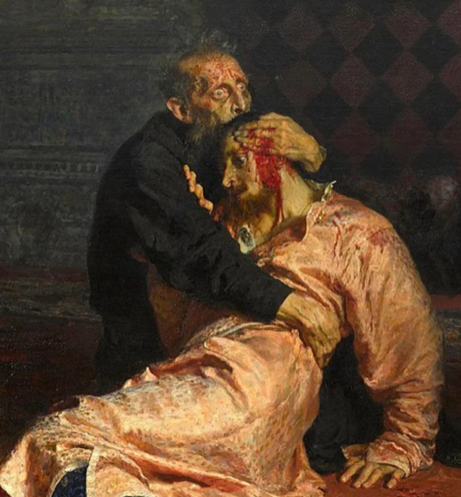
They don't.
But it's their 'civil religion' as anthropologists call this. They may be atheist, nihilists, Russian Orthodox... but in public life they're culturally superior or just plainly superior or 'perfect' even if they know this isn't true.
How is this reconciled?
4/
But it's their 'civil religion' as anthropologists call this. They may be atheist, nihilists, Russian Orthodox... but in public life they're culturally superior or just plainly superior or 'perfect' even if they know this isn't true.
How is this reconciled?
4/

And that is where lying as part of public reality comes in.
They somehow know Russian superiority isn't true, but lying about it is culturally allowed - even prescribed. And forced by law. Speaking the truth gets you in the Gulag. Thus, lying is intrinsic to Russian culture.
5/
They somehow know Russian superiority isn't true, but lying about it is culturally allowed - even prescribed. And forced by law. Speaking the truth gets you in the Gulag. Thus, lying is intrinsic to Russian culture.
5/
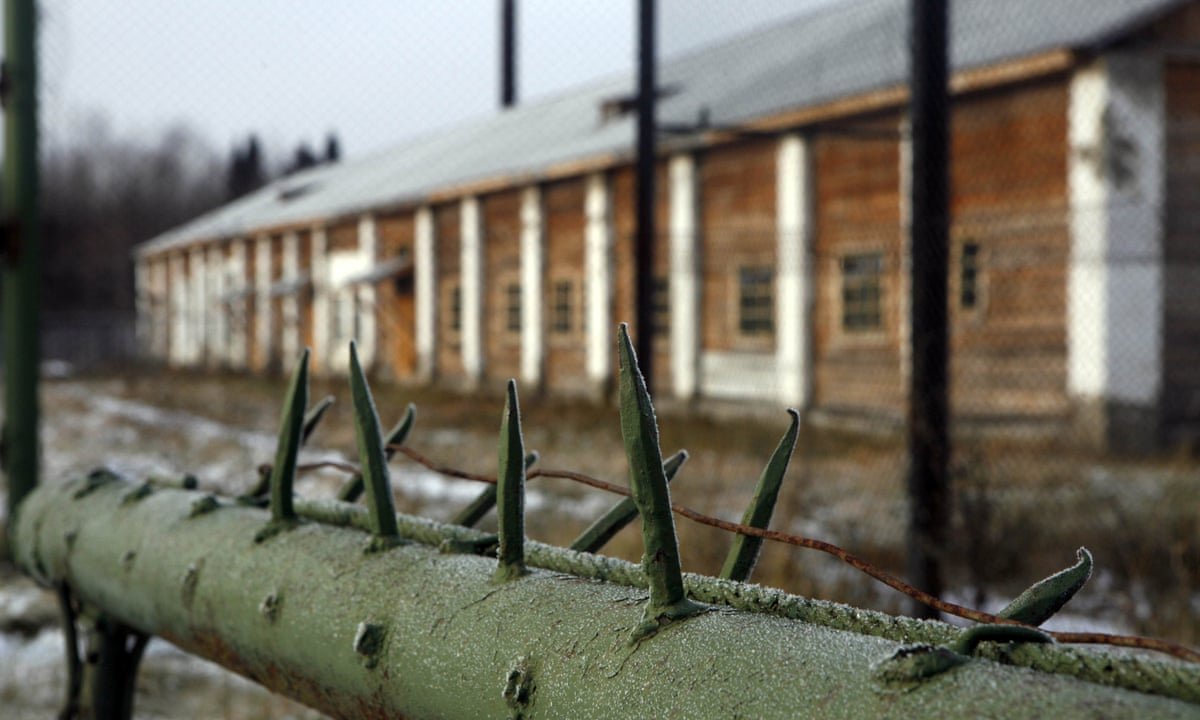
That - in a nutshell - is the correct way to look at Russia.
So, if at any moment the Kremlin sees an opportunity to attack NATO even while this plan is rationally a really bad idea, they still will do so if it follows from - or fits with - Russian ideology of greatness.
6/6
So, if at any moment the Kremlin sees an opportunity to attack NATO even while this plan is rationally a really bad idea, they still will do so if it follows from - or fits with - Russian ideology of greatness.
6/6
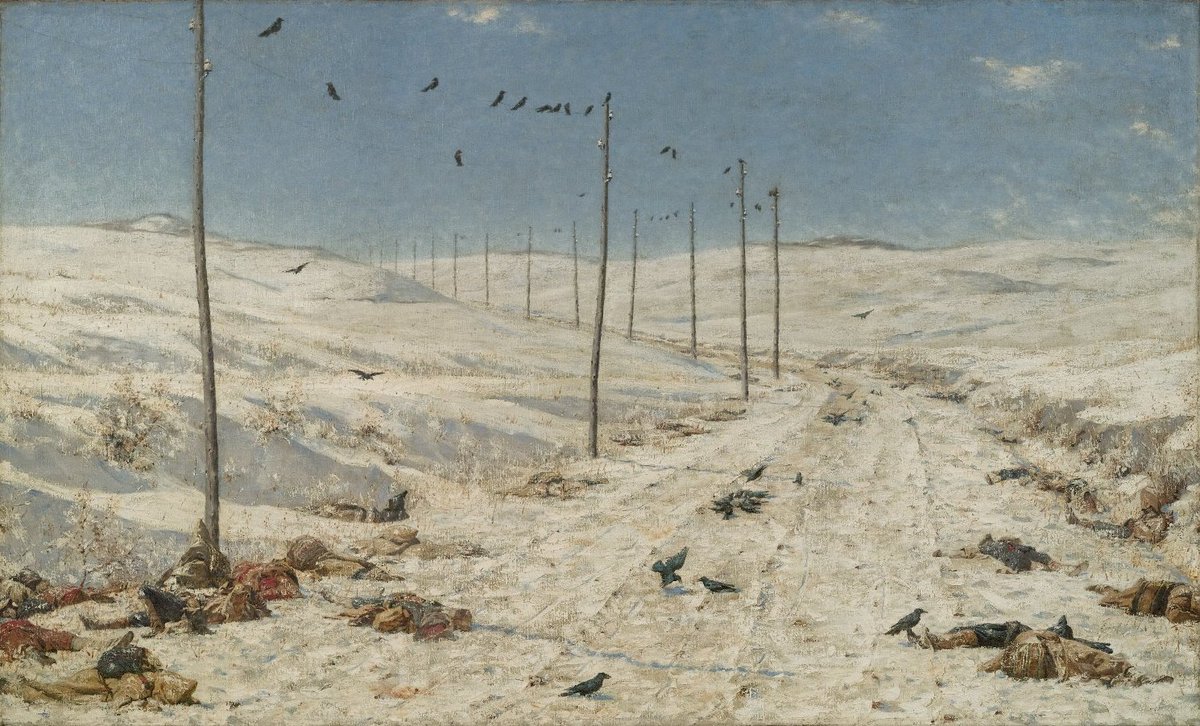
• • •
Missing some Tweet in this thread? You can try to
force a refresh


